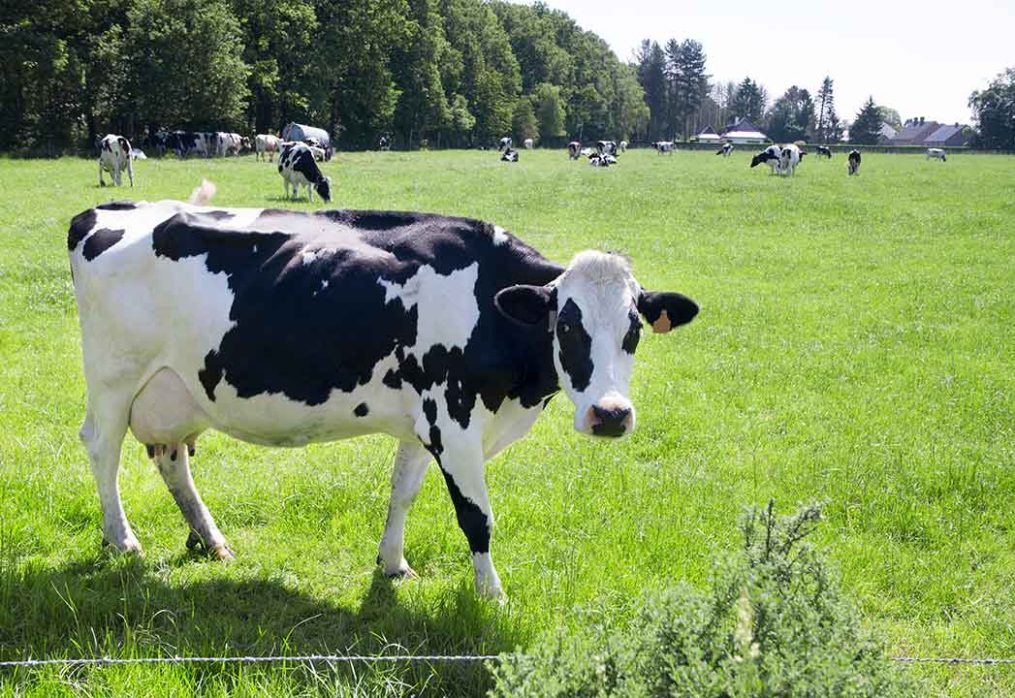The Role of Genetics in Dairy Cow Breeding
Dairy cow breeding has come a long way since the days of simply selecting the cow with the highest milk production. While milk production is still a key consideration, modern dairy farmers also consider a variety of other factors when choosing breeding stock, such as fertility, conformation, and health. Genetics plays a critical role in all of these traits and has revolutionized the way that dairy cows are bred.
One of the key tools in dairy cow breeding is genetic testing. By analyzing DNA samples from cows, breeders can identify genetic markers for various traits and use this information to predict the traits that an animal will pass on to its offspring. This allows breeders to make informed decisions about which animals to breed together, increasing the likelihood that their offspring will have the desired traits.
One important trait that is often selected for in dairy cow breeding is milk production. Milk yield is largely determined by genetics, with studies estimating that genetics can account for up to 50% of the variation in milk production among cows. By selecting cows with high milk production genetics and breeding them together, breeders can produce offspring with high milk production potential. However, milk production is not the only trait that is important in dairy cow breeding.
Fertility is another key trait that is often selected for in dairy cow breeding. Cows that are more fertile are more likely to become pregnant and produce offspring, which is critical for the success of a dairy operation. Genetics plays a significant role in fertility, with studies estimating that genetics can account for up to 50% of the variation in fertility among cows. By selecting cows with high fertility genetics and breeding them together, breeders can produce offspring that are more likely to be fertile.
Conformation, or the overall appearance and structure of a cow, is another trait that is important in dairy cow breeding. Cows with good conformation are more likely to be efficient milk producers and have a longer lifespan. Genetics plays a role in conformation, with studies estimating that genetics can account for up to 40% of the variation in conformation among cows. By selecting cows with good conformation genetics and breeding them together, breeders can produce offspring with good conformation.
Health is another important trait that is often selected for in dairy cow breeding. Cows that are healthy are more likely to be productive and have a longer lifespan. Genetics plays a significant role in health, with studies estimating that genetics can account for up to 25% of the variation in health among cows. By selecting cows with good health genetics and breeding them together, breeders can produce offspring that are more likely to be healthy.
In addition to these traditional breeding goals, there is also increasing interest in selecting for traits that are related to cow well-being. For example, some breeders are selecting for cows that are more docile and easier to handle, which can lead to a safer and more pleasant working environment for farmers. Other breeders are selecting for cows that are more resistant to diseases, which can reduce the need for costly medical interventions.
Genetics plays a critical role in dairy cow breeding and is an important tool for improving the productivity and well-being of cows. By using genetic testing and carefully selecting breeding stock, dairy farmers can produce offspring that are more likely to have the desired traits, including high milk production, fertility, conformation, and health.
